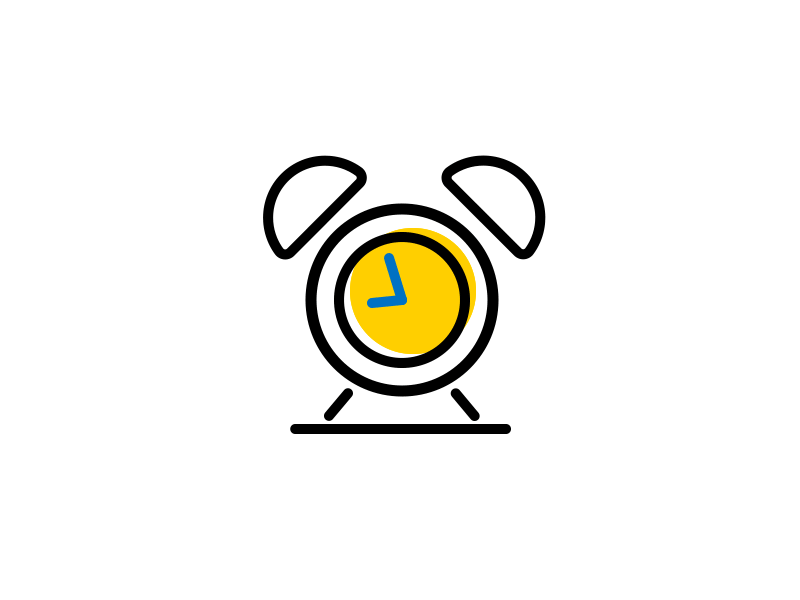
In early childhood education settings, a daily routine is a structured schedule of activities. It provides children with a predictable and consistent framework, promoting a sense of stability, security and familiarity. A well-planned daily routine provides numerous advantages to students, promoting their overall development and well-being.
For starters, a daily routine helps children develop a sense of order and structure. Consistent daily schedules help children anticipate what will happen next, which promotes security and reduces anxiety. This predictability makes children feel more at ease and confident in their surroundings, allowing them to concentrate on learning and participating in activities.

Image Credit: https://dribbble.com/shots/5578474/attachments/5578474-Daily-Routine?mode=media
Second, a daily routine allows for easy transitions between activities. Transitions can be difficult for young children because they require them to adjust from one activity or environment to another. Educators can prepare children for upcoming changes, provide clear instructions and allow time for a smooth transition by incorporating transitional periods into the routine. This helps children develop self-regulation skills while also reducing disruptions, resulting in a more productive and positive learning environment.
A daily routine also allows for the incorporation of a variety of activities that cater to various aspects of children’s development. It maintains a healthy balance of active and quiet periods, individual and group activities, and indoor and outdoor experiences. This holistic approach encourages the development of various skills, including social, cognitive, physical and emotional development, resulting in a well-rounded education.
A daily routine also helps to establish healthy habits and self-care skills. It includes times set aside for meals, rest, hygiene and physical activity. Children learn the importance of taking care of their bodies and develop essential life skills that contribute to their overall well-being by consistently following these routines.

Image Credit: https://wifflegif.com/gifs/635875-morning-routine-cartoon-network-gif
A regular schedule also encourages children to feel independent and responsible. Children develop a sense of ownership and pride in their contributions by participating in age-appropriate tasks and responsibilities such as cleaning up after activities or assisting with classroom tasks. This promotes the development of important life skills such as organisation, responsibility and cooperation as well as the cultivation of a positive self-image.
Finally, a daily routine promotes effective time management. Educators can ensure that children have enough time to engage in meaningful learning experiences by allocating specific time slots for different activities. This assists children in developing an understanding of time as well as skills related to planning, prioritising and completing tasks within time constraints.


